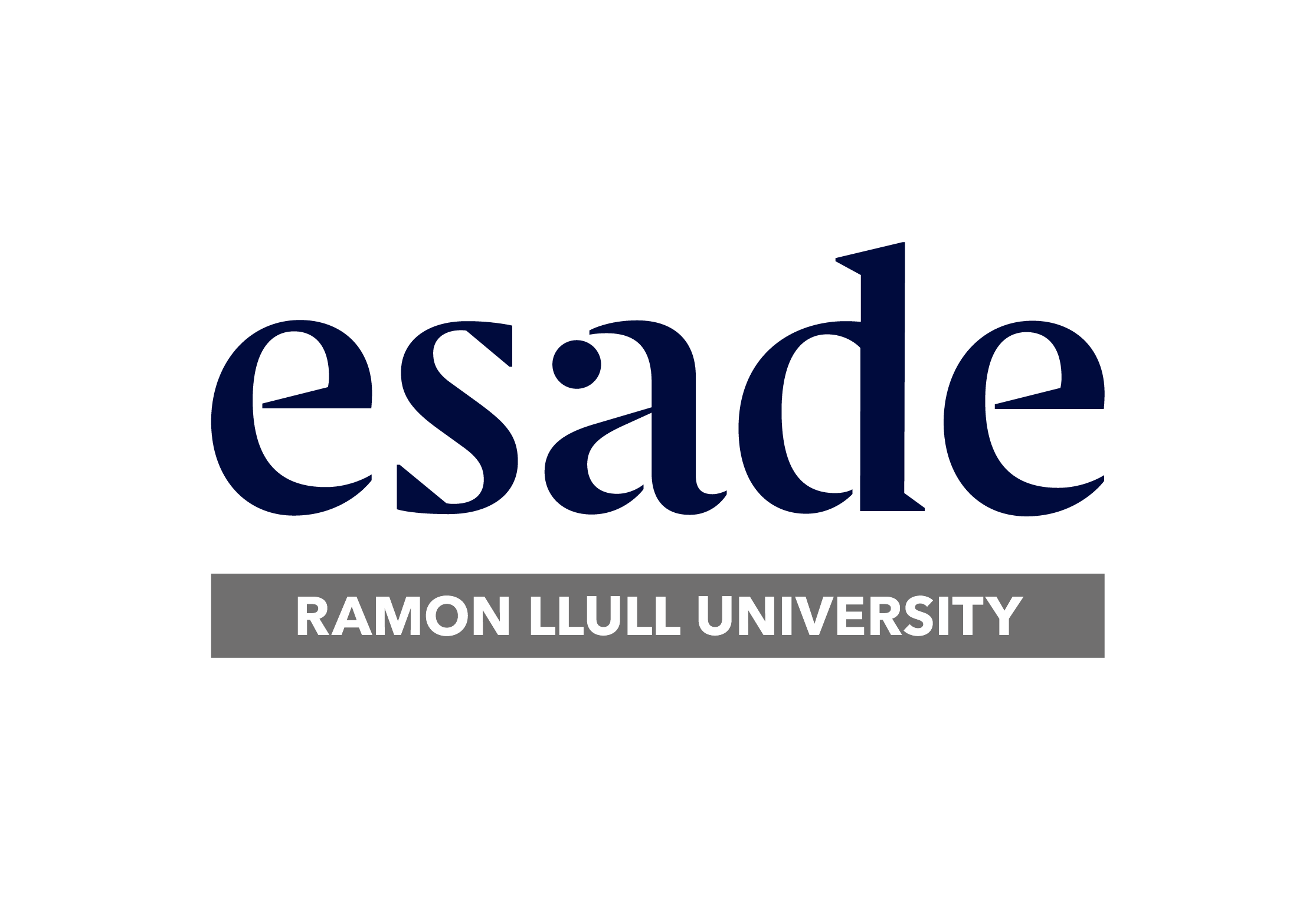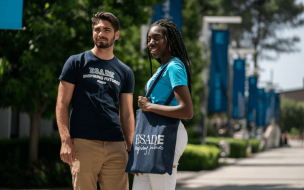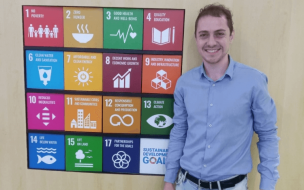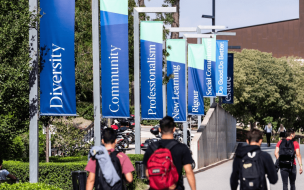Over the course of her previous career as a business analyst, Michelle had seen leaders weather some dramatic changes. She had been working with an airline company in 2011 when the price of jet fuel reached a 10-year high at $140 per barrel; five years later, when working with a client that was an oil and gas company, the price of crude oil sank to its lowest point in the last 5 years.
Michelle didn’t know how leaders made the decisions necessary to deal with these kinds of fluctuations. She was in awe of it, but she also knew that she could do it herself, if she wanted to—she just needed some direction.
The search for this kind of expert instruction took her from Malaysia to Spain, where she started her MBA last year. In her first year on the program, what she has learned about the unique ESADE concept of ‘creactivism’ and from the CERN researchers has changed her outlook on leadership forever.

Creativity + Activism
Coined by the school themselves, the concept of ‘creactivism’ is conceived as a combined form of creativity and activism, and it was one of the main reasons that Michelle had wanted to study at Esade in the first place.
“The idea of becoming a creactivist who can think critically, lead change, disrupt the norm, and change the rules for the better resonated with me,” she enthuses.
This certainly fits with the kind of leader that Michelle had admired in her business analyst role—and in combination with the program’s flexibility, offering 12, 15, or 18-month timespans for study, the MBA program seemed like an ideal opportunity to learn more.
However, it was only when Michelle took part in the Challenge-Based Innovation project (CBI) that her quest to become a great leader really kicked into high gear.
As part of the CBI, Michelle got to travel to the European Organization for Nuclear Research (CERN) facilities in Geneva, Switzerland, where she spent two weeks working alongside researchers to develop products and services supporting the UN’s Sustainable Development Goals (SDGs), using cutting-edge technologies.
The experience was transformative, says Michelle, and she believes it’s taught her a few key lessons about leadership—firstly, about the timescale you consider as a leader.
A long-term view of leadership
Working alongside a multidisciplinary team of design and engineering students, as well as physicists and urbanism experts, Michelle was made to consider the products and services they were designing on a much longer timeframe than she had previously experienced.
“We applied different methods and frameworks to understand and synthesize the dynamic needs of people, governments, businesses, and societies—not only today, but also 20, 30, or even up to 100 years from now,” she says.
As the climate crisis become an escalating concern for businesses across the world, learning to calibrate your leadership thinking to this longer timescale is a valuable investment for a leader—and the scientists at CERN are the perfect people to learn from.
“The theorists take more than 20 years to build a theory and the experimentalists take another 20 years to test it—some of them won’t see the fruit of their labour in their lifetime,” Michelle says.
“However, [despite this long time frame,] the theorists still work with undiminished enthusiasm—they say that if Thomas Edison had been discouraged by the hundreds of times that the lightbulb [experiment] didn’t work, then we wouldn’t have the lightbulb today.”
Managing uncertainty
So, patience, perseverance, and keeping one eye on the horizon are important. But perhaps the biggest lesson that Michelle learned is simply accepting the unknowability of what lies ahead—and having the confidence to make executive decisions anyway.
“Ups and downs will always be a part of any creative process, any project, any business, any industry, and life in general—but as the physicists say, we must face each cycle with undiminished enthusiasm,” she explains.
“Change and uncertainty are constants and to make the most out of them, I have to navigate them, despite the confusion and not having all the information.”
Evidently, her experience on the MBA has not only given Michelle the skills she’d set out to gain when she left her job, but also a sense of identity as a leader.
“I’m not only here to understand how the world works, but also to reshape it for the better,” she says.
“I may not know exactly where I’ll end up; but for sure, the values, mindset, and collaborative spirit I gained from Esade will help me navigate through the changing paradigms and uncertainties that lie ahead.”
RECAPTHA :
3d
7e
73
69









